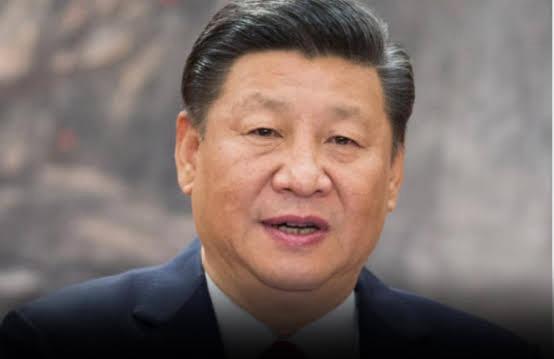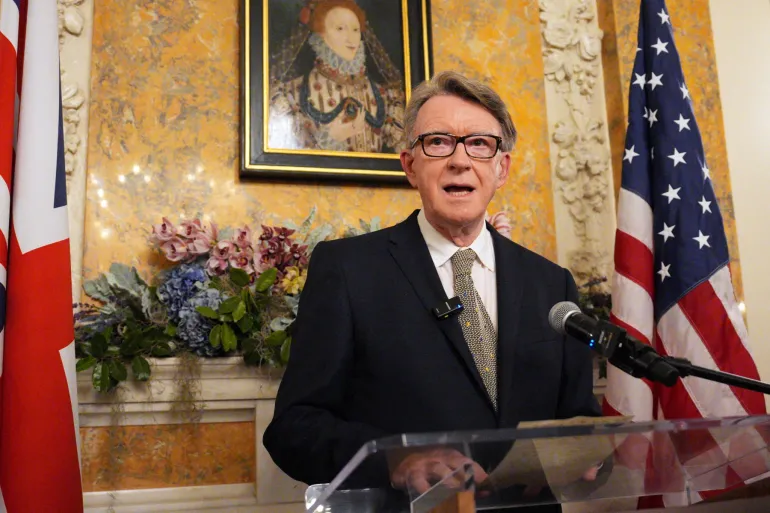China Introduces Law Requiring Influencers to Hold Degrees in Their Content Fields

China has introduced a new regulation mandating that social media influencers possess formal qualifications in the subjects they discuss, particularly in sensitive and professional areas.
The rule, which took effect on October 25, stipulates that content creators who post on topics such as medicine, law, education, or finance must hold relevant academic degrees or professional certifications. The move is part of the government’s broader effort to curb misinformation and tighten control over the rapidly growing influencer economy.
Under the new law, influencers without appropriate credentials are prohibited from offering advice or commentary in these areas, whether through livestreams, short videos, or blog posts. Platforms are also required to verify the qualifications of such creators before allowing them to publish related content.
According to Chinese authorities, the measure aims to promote accuracy, protect the public from false or misleading information, and uphold “professional and ethical standards” in online communication.
However, the regulation has sparked mixed reactions. Supporters say it will enhance the credibility of online information, especially in health and financial sectors where misinformation has caused harm in the past. Critics, on the other hand, warn that the rule could stifle creativity and restrict free expression, as many influencers rely on informal expertise or personal experience to connect with their audiences.
The new policy aligns with Beijing’s ongoing push to bring the country’s vast internet culture under stricter oversight. Over the past few years, China has introduced several laws regulating livestreaming, e-commerce, and online education, as part of its campaign to ensure “clean and orderly” cyberspace.
Industry observers say platforms such as Weibo, Douyin (TikTok’s Chinese counterpart), and Bilibili will likely begin implementing compliance checks immediately, as failure to adhere to the new standards could attract penalties from regulators.









